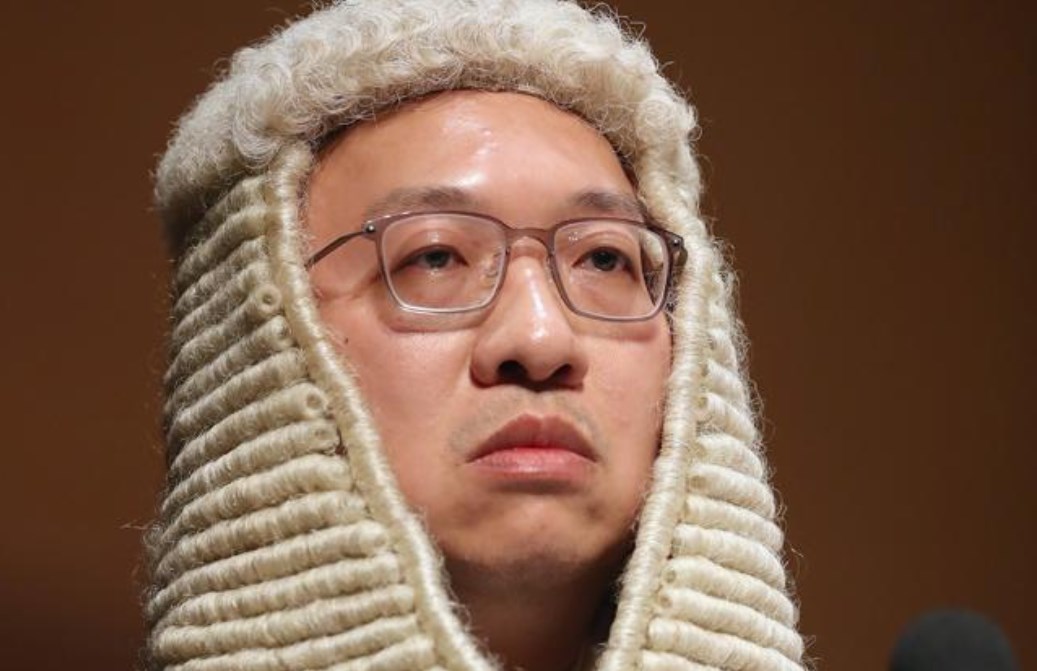Bar Association Chairman Paul Lam has called a decision by China’s top legislature to approve Hong Kong’s controversial joint checkpoint mechanism an “earthquake” for the city’s rule of law.
At the opening of the 2018 legal year on Monday, Lam said: “For anyone who cares about the rule of law in Hong Kong, 2017 turned out to be yet another eventful year.”

In approving the border arrangement for the express rail link, Lam said the National People’s Congress Standing Committee (NPCSC) “has, in substance, though not in form, exercised its power of interpretation of various provisions.”
While noting that the NPCSC had the power of final interpretation, Lam said the power is also a “source of tension.”
“There is no reason for me to doubt that the Central Authorities are determined to maintain the prosperity and stability of Hong Kong as promised under the BL [Basic Law]. However, if a significant number of people lack confidence in the Central Authorities and the rule of law in Hong Kong, it will be hard to promote stability,” Lam said.
“It is therefore crucial that, in deciding whether, when and how it is going to exercise its potent powers, a high degree of sensitivity on the part of the Central Authorities is critical.”

Lam added: “On this occasion, it is regrettable and unfortunate that an earthquake has occurred… Having said that, I firmly believe that the rule of law in Hong Kong is strong enough to survive the aftermath of the earthquake.”
“Such belief of mine is based on the fact that there remains a strong and independent judiciary in Hong Kong.”

Under the arrangement, Hong Kong will effectively surrender its jurisdiction across a quarter of the new Express Rail terminus, where immigration procedures will be performed by mainland law enforcement agents when it opens this year. It has been heavily criticised by the city’s legal professionals as a violation of the Basic Law.
The Bar earlier also issued a strong statement in response to Beijing’s decision.
Judicial independence
Lam said that while judicial independence was called into question over court judgments relating to political incidents, “Up to this moment, no one has been able to adduce any real evidence that judicial independence in Hong Kong has been compromised in those cases, or indeed in any case.”
Lam said it was important to prevent “groundless criticisms” against the judiciary from spreading, as it may “erode people’s trust and confidence in the system gradually.”
“This is why the Bar will continue to respond to unfounded criticisms against the judiciary without any hesitation,” he said. Lam referred to statements released by the Bar following the uproar over the jailing of seven cops, the imprisonment of pro-democracy protesters in August, and the recent sentencing of Frankly Chu, a now-retired superintendent who assaulted a pedestrian.
Re-election
Lam is currently seeking re-election and has been met with a highly publicised challenge by human rights lawyer Philip Dykes and his list of prominent lawyers such as Lawrence Lok and Johannes Chan.
“It’s a strong speech, he’s to be commended to that… he’s called a spade a spade,” Dykes said when asked about Lam’s speech on Monday evening, adding that he would doubtless speak in the same way if he were in Lam’s position.
